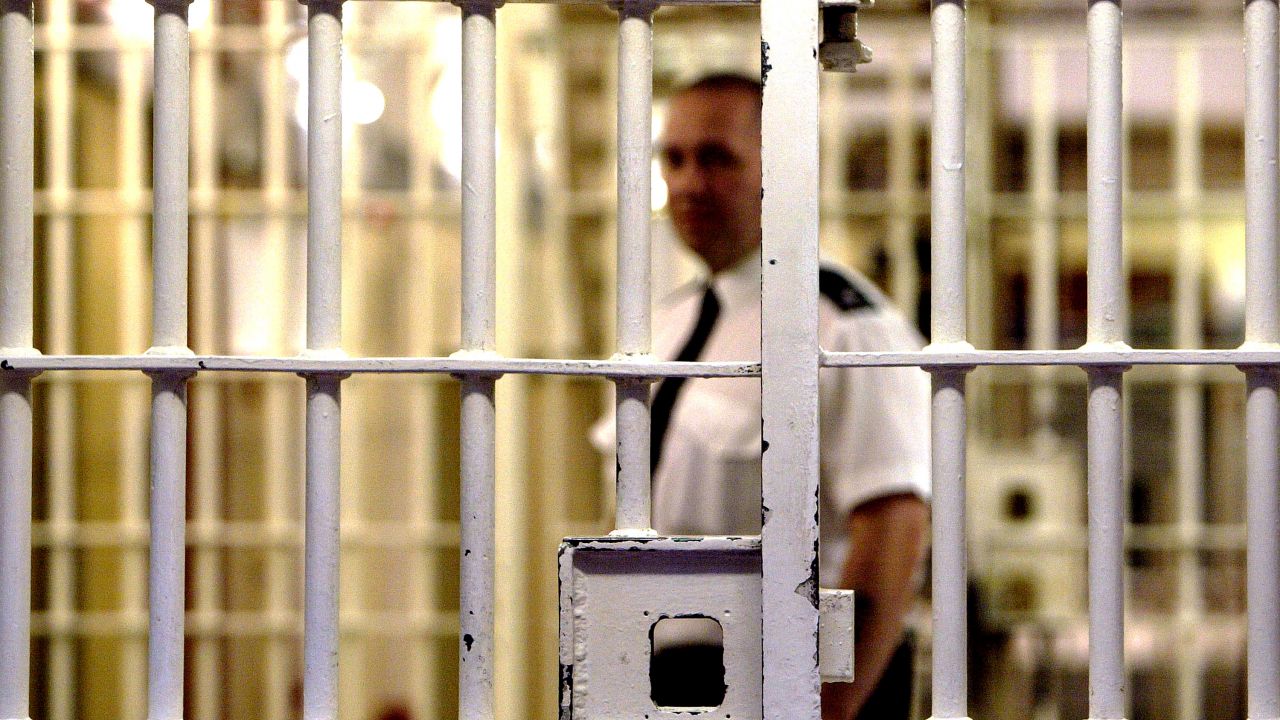
Innocents who finally get out of jail continue to fear they will be returned, a new book finds. (Photo by Ian Waldie/Getty Images)
Exonerations have become so common — there were 149 in the US last year — that their stories now form a kind of genre. To anyone who saw Making a Murderer or kept up with the Central Park Five or West Memphis Three or San Antonio Four, the plot points are familiar: The forensic science turns out to be shockingly unscientific; the confession turns out to be false and coerced; the eyewitness was simply wrong; prosecutors and police, in their zeal to convict, buried evidence. Then come the teary reunions on the courthouse steps, the impassioned speeches, the fights over multimillion-dollar payouts.
But beneath these bold headlines of injustice and triumph are smaller struggles. In her new book, Exoneree Diaries, Chicago journalist Alison Flowers shares some of them in four stories of wrongful conviction and release. Though each story is unique, they also share the same general story arc. There are the years of begging lawyers and reporters to take an interest, then the slow trudge through incremental wins and losses in the court system. There is the sudden dive into the free world, with all its choices and opportunities for mistakes.
And then there is the struggle to reconnect with loved ones and make up for lost time. Kristine Bunch became pregnant while awaiting her trial for an arson-murder she didn’t commit. She tries to raise her new son from behind bars, but by the time she is released he is already a teenager, and she struggles to assume motherly authority. “No amount of family picnics, letters, or playtime at the prison could fill the canyon of missed history between them,” Flowers observes.
Many of the exonerees share a simmering fear that their victories will be short-lived and that some trick of fate will send them back to prison. They are ecstatic to be out, and yet also miss the predictability of prison life. Jacques Rivera spends his first sleepless night after exoneration with a butcher knife tucked under his pillow. Several of Flowers’ subjects describe feeling overwhelmed by the grocery store’s rows of seemingly identical choices.
The stories Flowers selected hit many of the policy notes that thread through these cases. It is startling — and heartbreaking — to think of how many others she could have tapped for similarly wrenching material.
What is the point of the continuing focus on these stories? In my reporting on the criminal-justice system, I’ve met many reformers who are of two minds about all the attention paid to wrongful convictions and exonerations.
On one hand, focusing on the innocent distracts from the fact that people who really did commit crimes may have been sentenced too harshly, treated unfairly or are subject to undeserved horrors in jails and prisons.
On the other hand, the symbolic purity of innocents allows them to play a powerful role in mobilizing public support for reform. In Texas, for example, an awareness of wrongful convictions has led the state legislature in recent years to strengthen laws regulating how police use eyewitnesses, give more rights to prisoners challenging the forensic science that convicted them and require prosecutors to share their investigative files more openly with defense attorneys. These reforms benefit everyone accused of a crime, not just the innocent.
Many of the struggles that Flowers recounts would be familiar to anyone who has served time, not just exonerees. When Kristine Bunch goes to take a trip by plane, the experience of being patted down with by a TSA agent fills her with dread. Antione Day, exonerated after 20 years in prison for murder, takes a job working with male parolees. He realizes he knows the experiences of anyone who has gone to prison intimately.
Both those who had and had not committed their crimes “were the same when law enforcement forced them out of their cars in front of their children,” Flowers writes, channeling his thoughts. “They were the same when they were denied jobs based on background checks. They were the same when they slept on their mothers’ couches. They were the same when they needed food.”
Day and the other exonerees have become ambassadors, representing those inside the prison walls to the world outside. They have been schooled in a kind of grace and wisdom that we can all learn from as we confront those who are not innocent, but who are also not monsters.





